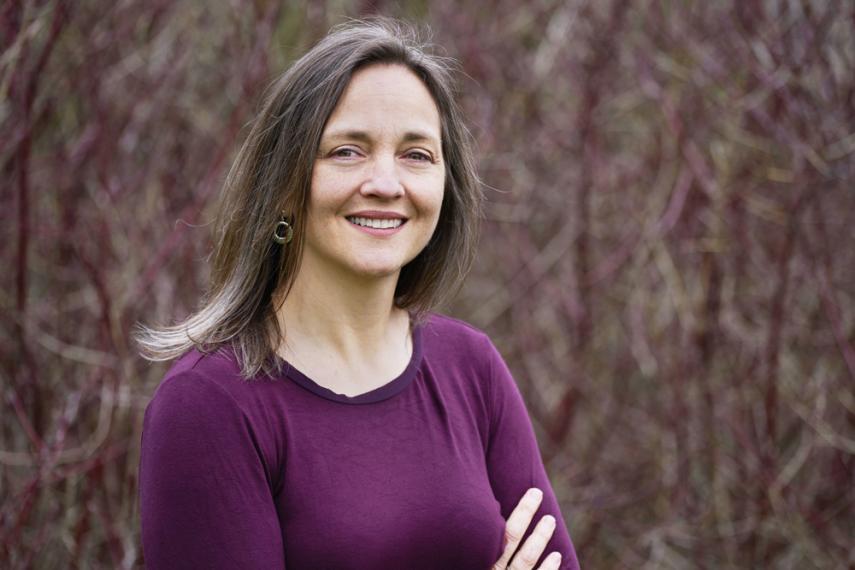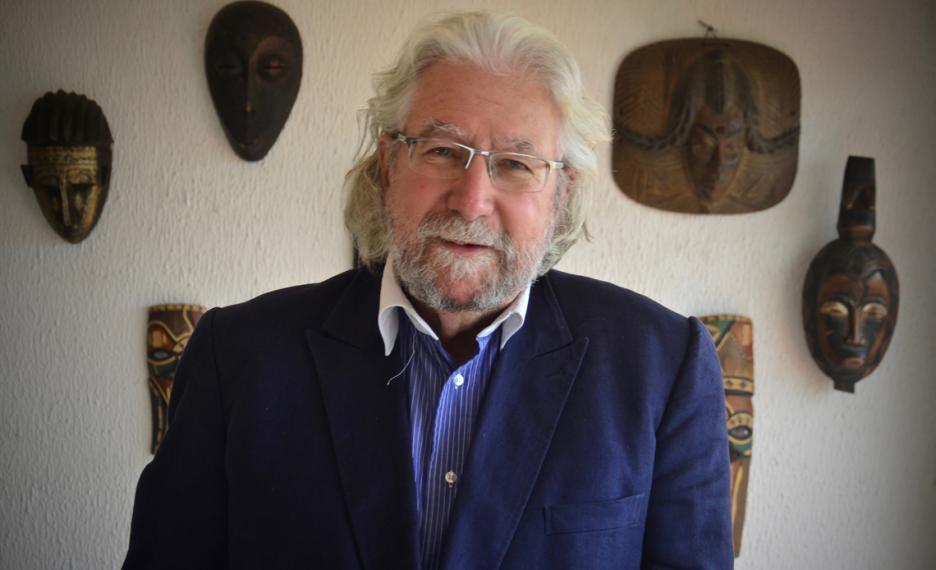
Students improving life: Using communication to increase scientific understanding
Most would agree you can’t accomplish much in three minutes, but PhD candidate Sara Stricker won awards for her ability to present her thesis research in that amount of time.




